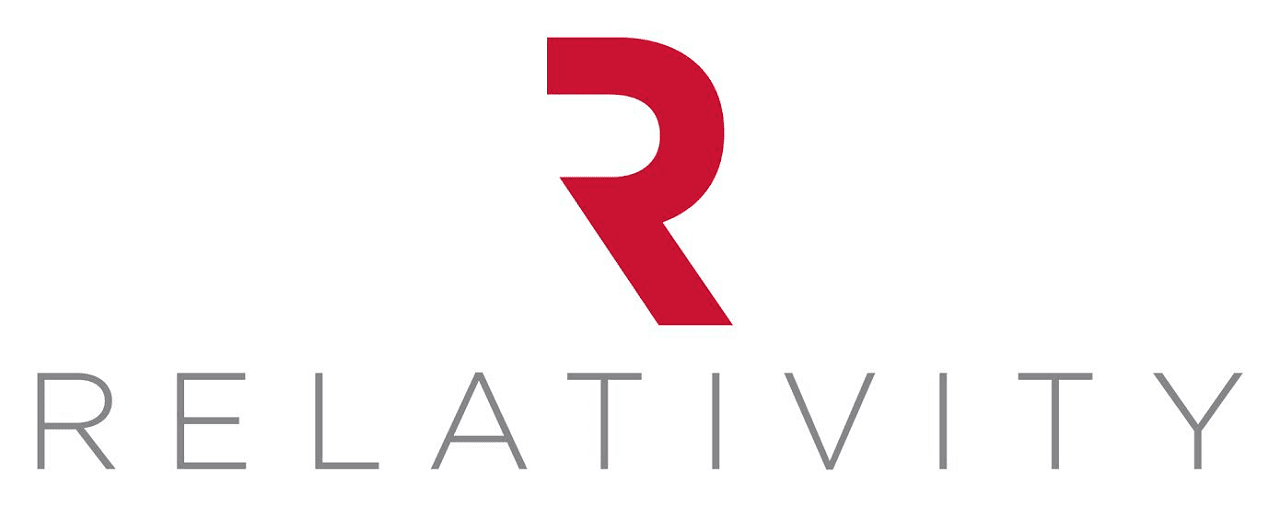Over the past few years the traditional office environment has seen dramatic changes - with the upsurge in the amount of remote and hybrid workers. According to the ONS44% of UK workers worked remotely in 2023, which is made up of 16% full-time remote workers, and 28% hybrid workers (who split their time between home and the office).
With teams scattered across different locations and time zones, managing projects, collaborating, and maintaining productivity can be a daunting task. However, with the right tools and strategies, businesses can not only overcome these challenges but also thrive in this new era of work.
Technology has accelerated this transition in the way we work, and technology is also how you can manage your workforce with ease. Here at Relativity, a Zoho Partner based in East Sussex, we stay in-tune with emerging technology and apply it where it’s needed to deliver a better business in terms of growth, productivity, profits and service delivery. We’ve worked with hundreds of clients, helping them make the most of tech in their business.
Zoho is our tool of choice, with its comprehensive suite of applications. In this blog we will guide you through the practical ways to harness Zoho to manage your remote and hybrid team.
Why Choose Zoho for Remote and Hybrid Work Management?
1. Centralized Communication with Zoho Cliq
Effective communication is crucial for team cohesion and productivity, but it can be challenging when team members are not in the same physical space.
Zoho Cliqis a team collaboration platform that enables real-time messaging, file sharing, and video conferencing, ensuring seamless communication among remote and hybrid teams. By creating dedicated channels for different projects or departments, team members can stay updated and engaged regardless of their physical location.
Zoho Meetingallows for secure and reliable video conferencing, screen sharing, and remote collaboration, making it easier to conduct virtual meetings, presentations, and training sessions.
2. Efficient Task Management with Zoho Projects
Tracking tasks, deadlines, and progress can become complicated when team members are working across different locations and time zones Zoho Projectsoffers a comprehensive platform to assign tasks, track progress, and set deadlines in real-time. It integrates withZohoCRMandZoho Analytics, providing a holistic view of project health and team productivity. No more tasks slipping between the gaps, with no one taking ownership of the project.
3. Unified Customer Relationship Management with Zoho CRM:
Zoho CRMis a comprehensive customer relationship management solution that enables teams to manage leads, contacts, accounts, and sales pipelines from a single platform.
With features like mobile access, real-time data sync, and customizable dashboards, remote and hybrid teams can stay connected with their customers and collaborate effectively on sales and customer support activities.
4. Seamless Integration and Automation with Zoho Flow
For hybrid teams, automating workflows is key to ensuring smooth operations. Zoho Flowconnects various apps and automates workflows, which reduces manual work and enhances efficiency.
EG A retail business automates their order processing by integratingZoho InventorywithZohoCRMthroughZoho Flow, ensuring that sales data is synchronized across platforms without manual input.
5. Enhancing Accountability with Zoho Sprints
Zoho Sprintsis perfect for remote teams that follow agile methodologies. It offers tools for planning sprints, tracking work with scrum boards, and analyzing reports to improve future workflows.
EG A software startup uses Zoho Sprintsto manage bi-weekly sprints, allowing remote developers to update their progress asynchronously, fostering transparency and accountability.
6. Streamlined Human Resources Management with Zoho People:
Struggling to keep track of who is working and when? Zoho Peopleis a comprehensive human resources management solution that helps businesses manage employee data, time off, performance reviews, and more, regardless of team members' locations.
With self-service portals and mobile access, remote and hybrid employees can easily access their personal information, request time off, and stay connected with HR processes.
Best Practices for Implementing Zoho for Remote Work
So how do you go about implementing Zoho for your remote and hybrid employees?
1. Tailored Training and Onboarding
Ensure that all team members are proficient in using Zoho tools by providing tailored training sessions based on roles and responsibilities. If you would like support with this, please reach out to us at Relativity Ltd.
2. Regular Check-ins and Feedback Loops
Use Zoho Survey to gather regular feedback from your team on the remote working tools and processes, which can help in refining strategies and tools over time.
3. Data Security and Compliance
With remote teams, securing sensitive data becomes paramount. Zoho’s strong compliance with international security standards ensures that your business data is protected across all communications and operations.
Conclusion
Embracing remote and hybrid work models is no longer just an option but a necessity. With Zoho's comprehensive suite of applications, you can equip your teams with the tools they need to stay connected, collaborate effectively, and achieve their goals, regardless of their physical location.
How can Relativity help you with Zoho?
If you would like to explore the power of Zoho, Relativity can help. We are a Zoho AuthorisedPartner, and Zoho Consultant. To find out more, contact Relativity, on +44 1825 280123 or emailinfo@relativity.co.uk
